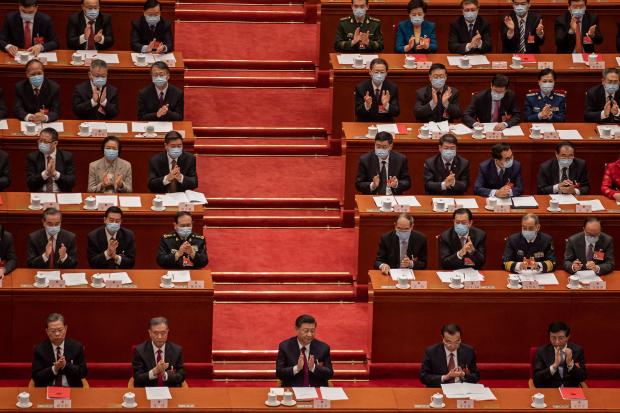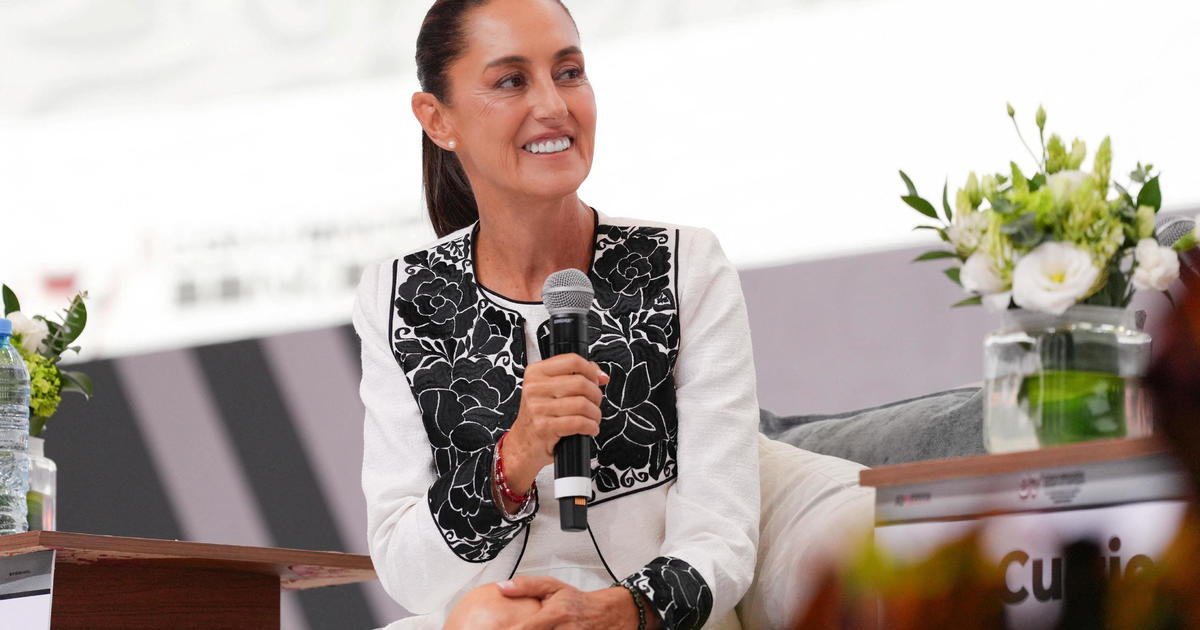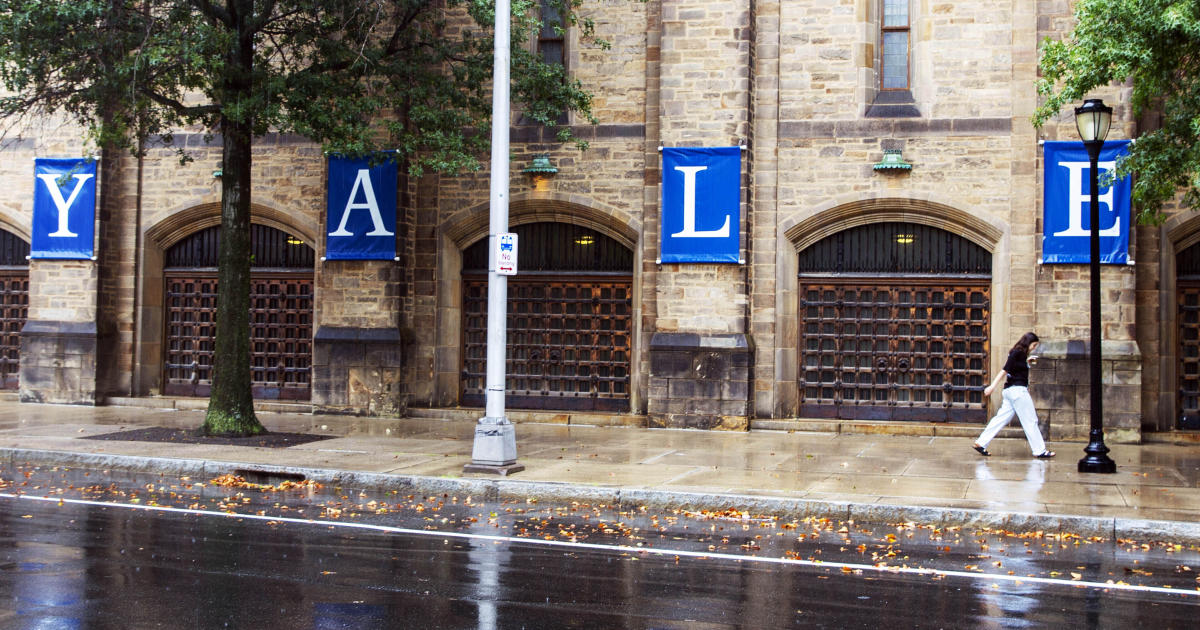Hong Kong democracy advocate sees "full-on assimilation" by China with revamp of electoral system
Beijing — China's legislature approved on Thursday a controversial revamp of Hong Kong's electoral system. Authorities in Beijing said the changes would "improve" the city's political system, but democracy advocates fear it would only help China further stack Hong Kong's government with pro-Beijing politicians.
A unified chorus of approval echoed through Beijing's Great Hall of the People to mark the vote by the People's Congress — the world's biggest legislature with nearly 3,000 delegates — to restructure Hong Kong's electoral system. There were 2,895 votes in favor, none against, and just one abstention.
Since the massive anti-government and anti-China protests of 2019, Chinese officials have clamped down hard on the once semi-autonomous financial hub, muzzling pro-democracy politicians and the hundreds of thousands of Hong Kong residents who took to the streets to support them.
The electoral revamp, once made law, will add more seats to Hong Kong's political bodies - people who will decide the city's future.
"Those people are mostly Beijing loyalists," Hong Kong opposition politician and activist Avery Ng said. He agreed to speak with CBS News despite political pressure to keep silent. Ng, who has already spent time in jail for his support of the pro-democracy movement, expects he will likely be arrested again this summer.
"The opposition parties will be having a hard time even securing nomination to run in an election," she said. "What we've experienced over the past few years has already been a disqualification of candidates — disqualification of actually elected legislators — from the opposition sides and, to be honest, up until today most, probably 90% of the opposition leaders are now in jail."
On the 28th of February, 47 former opposition politicians and activists were arrested under a controversial "national security" law that Beijing imposed on Hong Kong last year. The vaguely worded law bans any activities deemed by authorities to be secession, terrorism, collusion with foreign forces or subversion.
All 47 were charged with subversion, which proved to be the biggest use of the law since it was passed at last year's annual gathering of the People's Congress in Beijing.
Hong Kong's chief executive Carrie Lam, who was appointed by Beijing, said the electoral reforms passed on Thursday were not a step back for the city's democracy, but a fix of loopholes that have been exploited by some lawmakers.
Lam added that both she and China's central government were expecting foreign nations to interfere "brutally" in the city's affairs. China has long accused Western countries, including the U.S., of being behind Hong Kong's pro-democracy movement.
The passage of the resolution on Thursday paved the way for draft legislation to codify the electoral changes, which could be imposed on Hong Kong within months.
Ng called it "a pretty full-on assimilation by the Chinese government."





